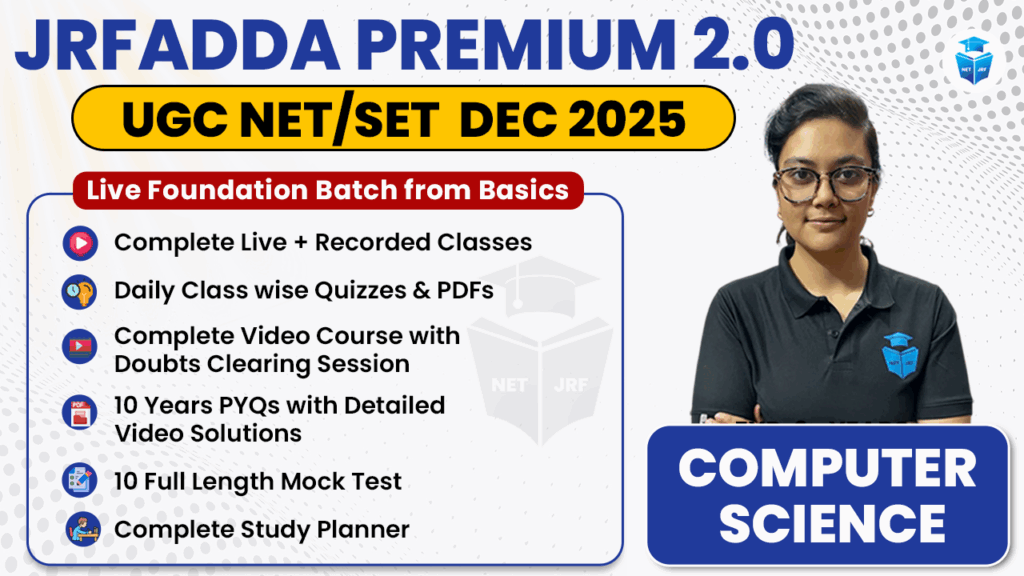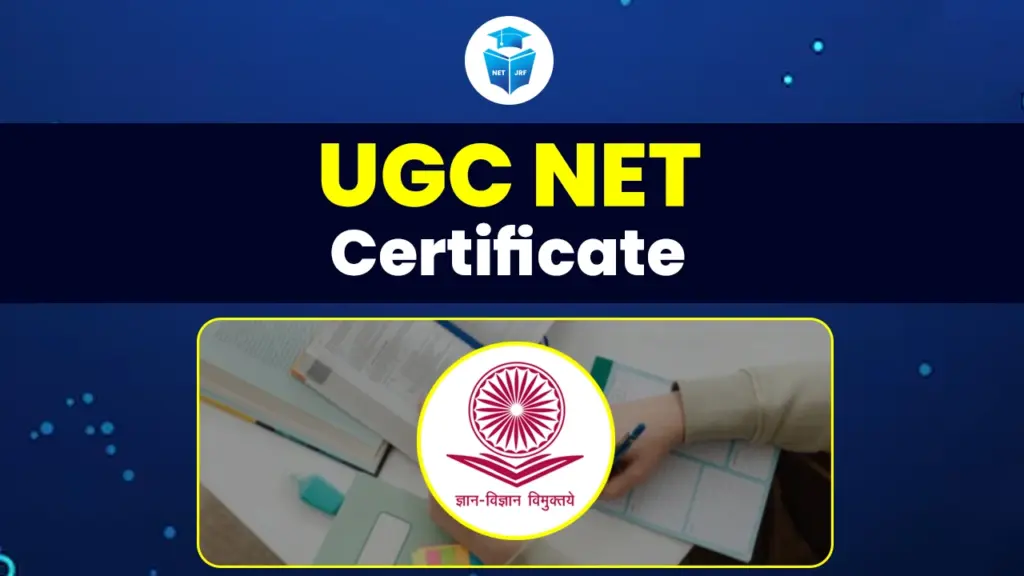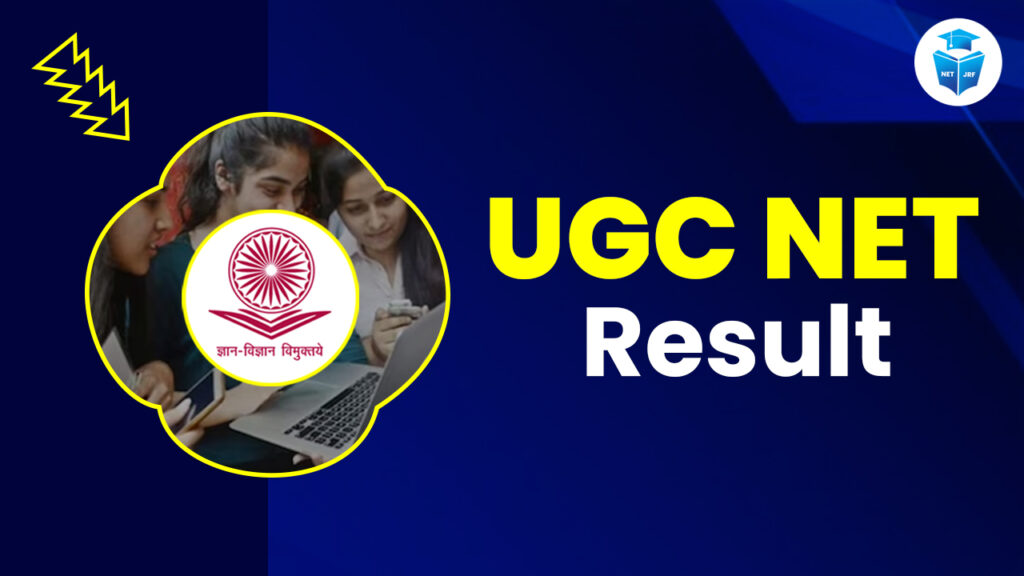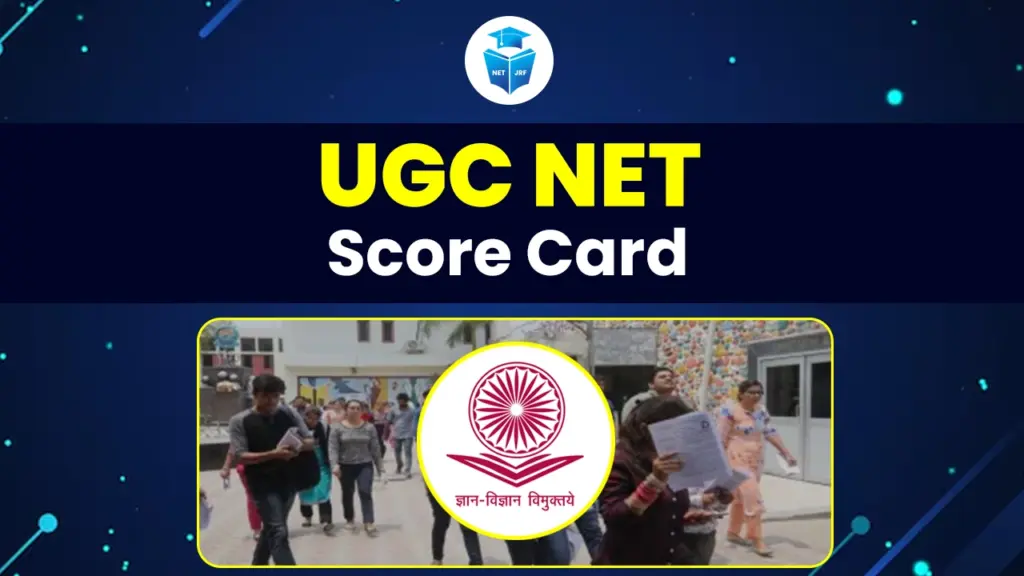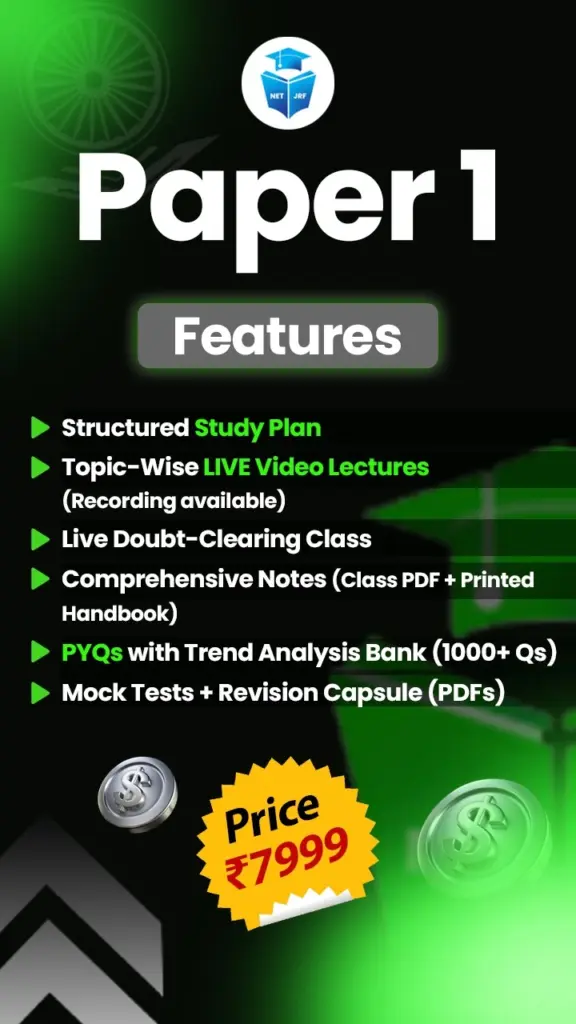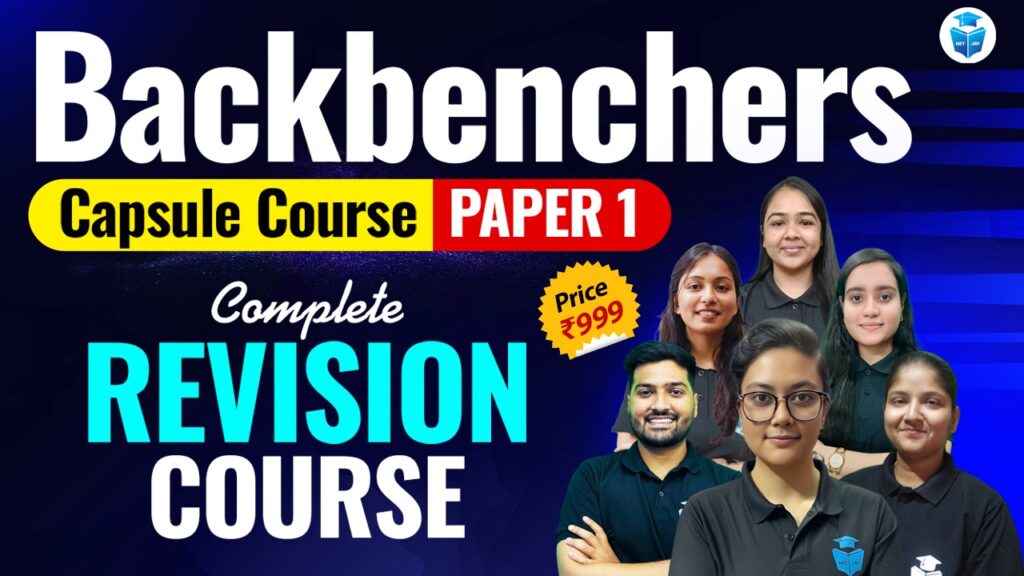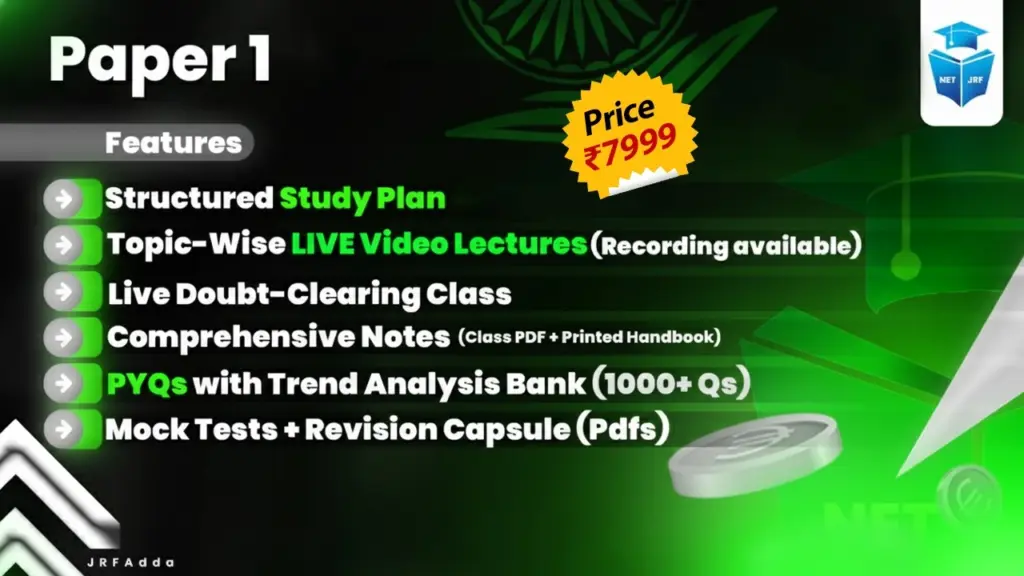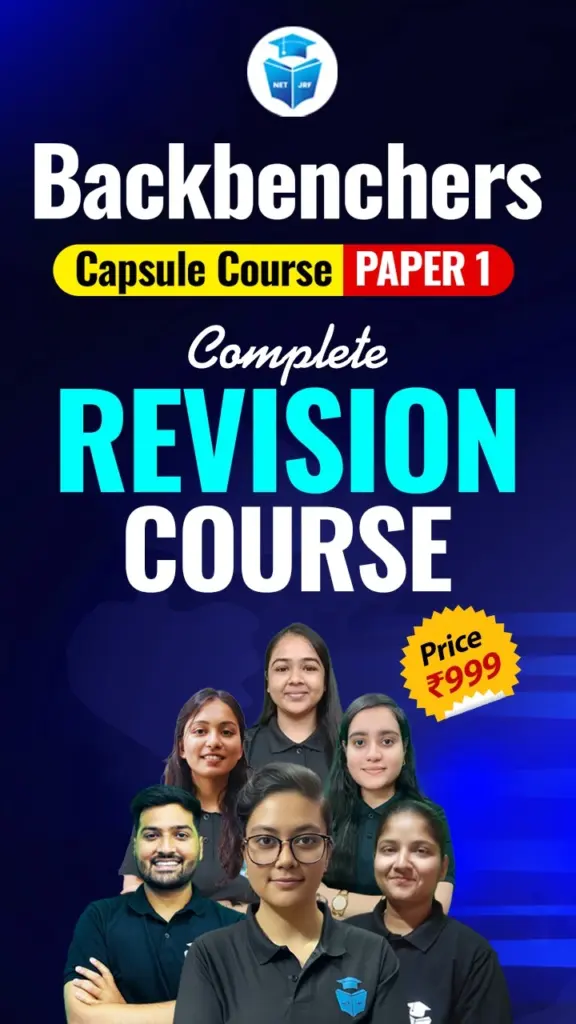UGC NET Indian Knowledge System (IKS) 2025 exam was successfully conducted on 6 January 2026 in Shift 2 by the National Testing Agency (NTA). Introduced under Subject Code 103, this subject focuses on evaluating academic understanding rooted in India’s civilizational knowledge, including the Vedas, philosophy, Ayurveda, astronomy, arts, mathematics, and environmental consciousness.
This article explores the detailed exam analysis, syllabus PDF, exam pattern, eligibility criteria, previous year question papers, and preparation tips to help future aspirants plan their preparation effectively.
UGC NET Indian Knowledge System 2025 Exam Analysis 6 Jan 2026 Shift 2
UGC NET Indian Knowledge System 2025 exam (6 January 2026, Shift 2) assessed candidates’ comprehensive grasp of India’s traditional knowledge systems—philosophy, science, art, and ecology—via NTA’s Computer-Based Test (CBT) mode across centers.
Paper 1 exam on 6 January 2026 (Shift 1) was rated easy to moderate in overall difficulty by JRFAdda analysis. Logical Reasoning emerged as the toughest section with 12-15 questions on propositions, syllogisms, fallacies, and Indian logic, while Mathematical Reasoning and Data Interpretation were moderate yet calculative. Good attempts stood at 40-45 out of 50, with no negative marking aiding prepared candidates; the paper stuck closely to syllabus patterns seen in prior Dec 2025 shifts (31 Dec to 5 Jan), emphasizing conceptual and PYQ-style questions across all 10 units.
Also Read: UGC NET Paper 1 Exam Analysis 2025 December
Paper 2 (Indian Knowledge System) ranged moderate-difficult, balancing all 10 syllabus units with strong emphasis on Indian Philosophical Systems, Astronomy (Aryabhata, planetary models), Ayurveda & wellness traditions, and Kala (Bharatanatyam, Natyashastra in art/dance/music). The interdisciplinary focus rewarded in-depth preparation across traditional domains.
Also Read: UGC NET Exam Analysis 2025 December
UGC NET Indian Knowledge System 2025 Highlights
The UGC NET Indian Knowledge System 2025 is a national-level examination conducted by the National Testing Agency (NTA) for aspirants aiming to qualify for the posts of Assistant Professor and Junior Research Fellowship (JRF) in the field of Indian Knowledge System (IKS). This subject is identified with Subject Code 103.
The exam is divided into two papers:
- Paper I: General Teaching and Research Aptitude (common for all candidates)
- Paper II: Subject-specific (Indian Knowledge System)
The examination is conducted in online mode (Computer-Based Test) and has a total duration of 3 hours (180 minutes). Both papers are conducted in a single session without any break. Paper I consists of 50 multiple-choice questions (MCQs) for 100 marks, while Paper II includes 100 MCQs based on the IKS syllabus, carrying 200 marks.
| Feature | Details |
| Exam Name | UGC NET Indian Knowledge System 2025 |
| Conducting Authority | National Testing Agency (NTA) |
| Posts | Assistant Professor & JRF |
| Exam Level | National level |
| Papers | Paper I (General), Paper II ( Indian Knowledge System – Subject Code 103) |
| Exam Mode | Online (Computer-Based Test) |
| Exam Duration | 3 Hours (180 Minutes) |
| Official Website | ugcnet.nta.nic.in |
Also Read: UGC NET Eligibility Criteria
What is UGC NET Indian Knowledge System 2025?
The UGC NET Indian Knowledge System (IKS) 2025 is a subject-specific paper (Subject Code: 103) introduced by the University Grants Commission (UGC) and conducted by the National Testing Agency (NTA). It is part of the UGC NET 2025 exam, which is held to determine the eligibility of candidates for the post of Assistant Professor and Junior Research Fellowship (JRF) in Indian universities and colleges.
This paper focuses on India’s vast intellectual, philosophical, scientific, and cultural traditions, offering an academic framework to evaluate knowledge in areas like Vedic literature, Ayurveda, Indian mathematics, ancient astronomy, philosophical systems, environmental ethics, and classical arts.
Also Read: UGC NET Previous Question Papers PDF
UGC NET Indian Knowledge System 2025 Syllabus PDF Download
The UGC NET Indian Knowledge System 2025 (IKS) exam tests candidates on various aspects of India’s traditional knowledge systems, including philosophy, linguistics, science, mathematics, art, and cultural heritage. If you’re appearing for the UGC NET 2025 in IKS subject, having the official syllabus PDF is essential for targeted preparation.
UGC NET Indian Knowledge System 2025 Exam Pattern
The UGC NET Indian Knowledge System 2025 Exam Pattern consists of two papers conducted in a single session with no break between them. Both papers are objective type and follow a multiple-choice question (MCQ) format. The total duration of the exam is 3 hours (180 minutes).
- Paper I is common for all candidates and evaluates general teaching and research aptitude.
- Paper II is subject-specific, focused entirely on the Indian Knowledge System (Subject Code: 103).
| Paper | Subject | Number of Questions | Marks | Duration |
| Paper I | General Aptitude (Teaching & Research Aptitude) | 50 | 100 | |
| Paper II | Indian Knowledge System (Subject Code: 103) | 100 | 200 | 3 Hours (Combined) |
Also Read: UGC NET Exam Pattern Paper 1 & 2
UGC NET Indian Knowledge System Syllabus 2025
The syllabus is divided into 10 comprehensive units:
1. Indian Philosophical Systems (Part A & B)
- Caturdaśa vidyāsthānas, Upavedas, Vedangas, Jain and Buddhist Darshanas, Nyaya, Sankhya, Yoga, Vedanta.
- Tarka Shastra, Pramanas, Dharma-Artha-Kama-Moksha concepts, and ancient Indian education systems like Nalanda and Takshashila.
2. Astronomy
- Aryabhata, Varahamihira, and ancient Indian astronomical computations, Panchang system, planetary motion models.
3. Health and Well-being
- Ayurveda, Siddha, Yoga, Folk and Tribal Medicine, body-mind-spirit balance, wellness therapies, medicinal plants.
4. Architecture
- Styles: Nagara, Dravida, Vesara; ancient water management, stepwells, Vastu Shastra.
5. Mathematics
- Sulba Sutras, Aryabhata’s trigonometry, Bhaskara’s algebra, Kerala School’s π approximations, numeral systems.
6. Chemistry and Metallurgy
- Rasashastra, atomic theories, alchemical texts, metal processing, acid-base knowledge, dyeing, and perfumes.
7. Life Sciences, Agriculture & Ecology
- Vrikshayurveda, Krishi texts, Paka Shastra, sacred groves, environmental consciousness in rituals.
8. Kala – Art, Music, Dance
- Natyashastra, classical dances (Bharatanatyam, Kathak, Odissi), music systems, folk and tribal art forms, puppetry.
9. Environmental Ethics
- Vedic principles of sustainability, sacred plants, Panchabhutas, ecological practices in Indian texts.
10. Ancient India and the World
- Cultural, linguistic, philosophical, and trade exchanges with Central Asia, Europe, Southeast Asia, and Africa.
UGC NET Indian Knowledge System 2025 Eligibility Criteria
To apply for the UGC NET Indian Knowledge System 2025 Eligibility Criteria, candidates must meet specific educational and age-related criteria as prescribed by the University Grants Commission (UGC) and conducted by the National Testing Agency (NTA).
Educational Qualification
- Candidates must possess a postgraduate (Master’s) degree in Indian Knowledge System or a related discipline such as:
- Sanskrit
- Indian Philosophy
- Ayurveda
- History
- Archaeology
- Classical Indian Languages
- Traditional Indian Sciences (e.g., Mathematics, Astronomy, Vastu, etc.)
- Minimum marks required in the qualifying examination:
- General/EWS: Minimum 55% marks
- OBC (Non-Creamy Layer)/SC/ST/PwD/Third Gender: Minimum 50% marks
Candidates appearing in the final year of their Master’s program can also apply, but they must complete their degree with the required marks within the specified timeline.
Age Limit
- For Junior Research Fellowship (JRF):
- Maximum Age: 30 years
- Age relaxation is applicable as follows:
- OBC/SC/ST/PwD/Female/Third Gender: Up to 5 years relaxation
- For Assistant Professor:
- No upper age limit
UGC NET Indian Knowledge System PYQs
Practicing UGC NET Indian Knowledge System PYQs is an essential part of preparing for the UGC NET Indian Knowledge System (IKS) exam. These papers provide valuable insights into the exam pattern, question trends, and subject-specific depth required to perform well in the exam.
- Grasping the conceptual nature of the subject
- Identifying important themes from IKS texts
- Time management and accuracy practice
Preparation Tips for UGC NET Indian Knowledge System (IKS) 2025
Preparing for the UGC NET Indian Knowledge System 2025 requires a well-planned strategy, deep understanding of ancient Indian traditions, and consistent practice. The IKS paper covers a diverse range of subjects—from philosophy and astronomy to Ayurveda and architecture—making it essential to balance conceptual clarity with content coverage.
- Start with the Official Syllabus
– Break down the syllabus into 10 units and plan your study schedule accordingly. - Refer to Authentic Books
– Use key texts like:
• History of Indian Philosophy – S.N. Dasgupta
• Indian Astronomy & Mathematics – S.N. Sen
• Ayurveda: The Science of Self-Healing – Vasant Lad - Watch NPTEL/SWAYAM Lectures
– Access free online video courses on Indian philosophy, sciences, and heritage by top Indian institutions. - Make Topic-wise Notes
– Create simple notes, diagrams, and flashcards for quick revision and concept clarity. - Solve PYQs & Mock Tests
– Practice previous year papers and full-length mocks to improve time management and accuracy. - Join Study Groups & Revise Regularly
– Discuss tricky topics with peers and revise weekly to strengthen memory.
Conclusion
The UGC NET Indian Knowledge System (IKS) December 2025 exam was successfully conducted on 6 January 2026 in Shift 2, offering a significant opportunity for candidates aspiring to qualify as Assistant Professors or Junior Research Fellows (JRF). The exam assessed conceptual understanding of ancient Indian sciences, philosophies, arts, and traditional knowledge systems, promoting their integration into modern academics and research. Using insights from the 2025 exam analysis, updated syllabus, and previous year question papers, aspirants can plan their preparation for future UGC NET cycles with clarity and confidence.
UGC NET Indian Knowledge System 2025 FAQs
What is the UGC NET Indian Knowledge System 2025 exam?
The UGC NET Indian Knowledge System 2025 is a national-level exam conducted by NTA under Subject Code 103 to assess candidates’ understanding of India’s traditional disciplines like Vedic knowledge, philosophy, Ayurveda, mathematics, and art forms.
Who is eligible for UGC NET Indian Knowledge System 2025?
Candidates must have a Master’s degree in IKS or related subjects like Sanskrit, Indian philosophy, Ayurveda, or history with a minimum of 55% marks (50% for reserved categories). For JRF, the upper age limit is 30 years.
What is the exam pattern of UGC NET Indian Knowledge System 2025?
The exam consists of two papers—Paper I (General Aptitude) and Paper II (Indian Knowledge System). Paper I has 50 questions for 100 marks, and Paper II has 100 questions for 200 marks, conducted in a single 3-hour session.
How can I download the UGC NET Indian Knowledge System 2025 syllabus?
The official syllabus PDFs (in English and Hindi) for UGC NET Indian Knowledge System 2025 are available on the NTA’s ugcnet.nta.nic.in website under the “Syllabus” section.
What are the best preparation strategies for UGC NET Indian Knowledge System 2025?
Aspirants should study the official syllabus thoroughly, use standard books (like Dasgupta’s History of Indian Philosophy), watch NPTEL/SWAYAM lectures, solve PYQs, and attempt mock tests regularly to enhance speed and conceptual clarity.







